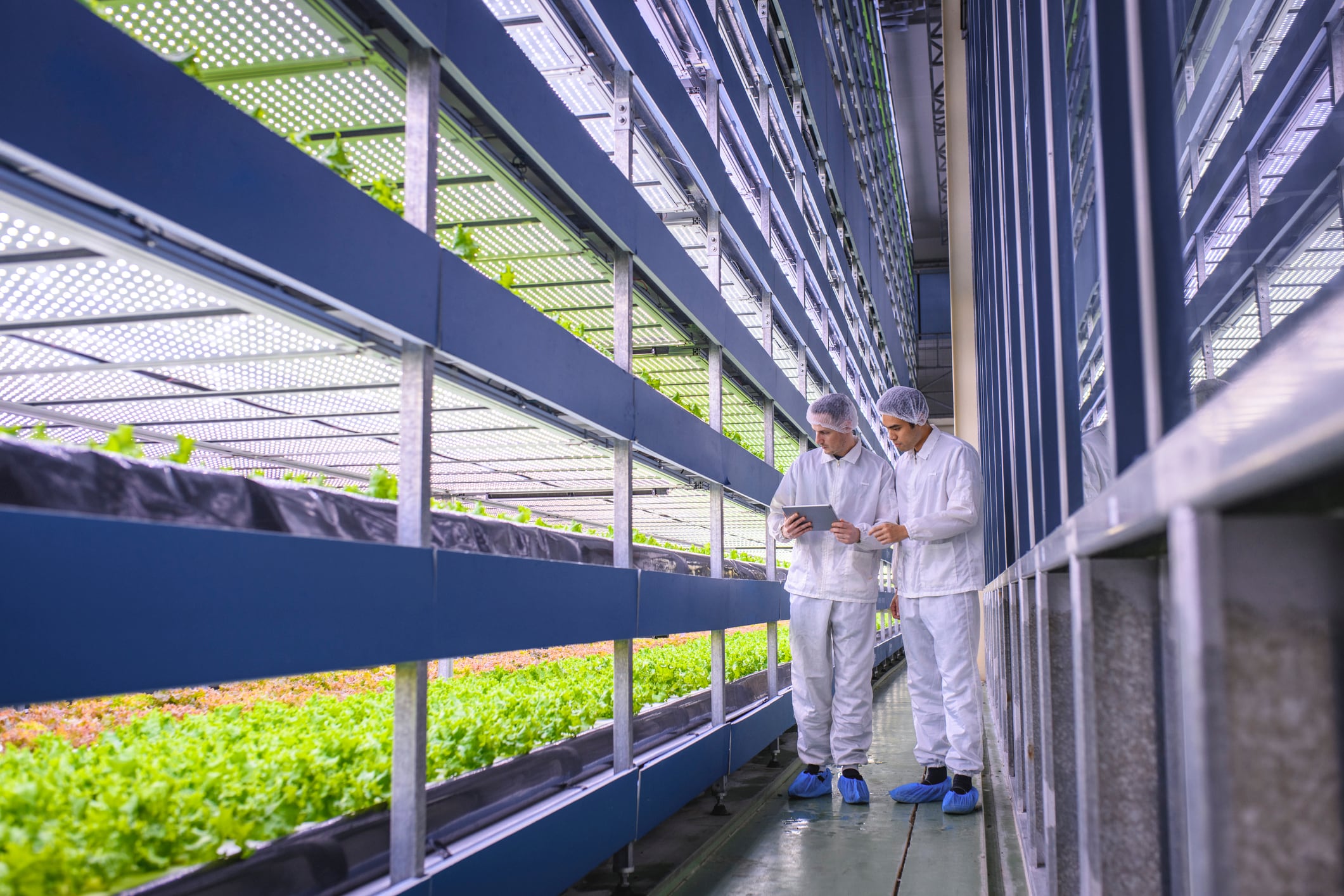As global political and economic uncertainty clouds the future of sustainable investing, leaders in the field are calling for a sharper focus on material risks, targeted reforms, and greater resilience.
This is especially in sectors like food and agriculture, where the stakes are rising fast
In the EU, it has been reported that with the introduction of the Omnibus package and the reduction of corporate disclosure requirements, investors may find it increasingly difficult to assess ESG risks. This shift also reflects a broader dilemma: navigating a world where climate goals remain officially endorsed, but the political will to enforce them is weakening.
However, Hortense Bioy, head of sustainable investing research at Morningstar Sustainalytics, told AgTechNavigator that the EU Commission’s recent efforts to streamline sustainability reporting through the Omnibus package could unlock wider corporate engagement - especially from smaller firms that were previously overwhelmed by the scale and complexity of disclosure requirements.
“There was a real need for simplification,” said Bioy. “Not everything needs to be disclosed - just what’s truly material to the business and its impact. We’re seeing some misinterpretation of the regulation, where auditors pushed for excessive detail. That’s not the spirit of what was intended.”
While she acknowledged that larger companies are more resourced to handle complex reporting, she said the revised framework could encourage broader voluntary compliance, as firms increasingly recognise that transparency aligns with investor expectations and sound business strategy.
“Many companies will report voluntarily, even if they’re not required to. Investors still want this information.”
And, for businesses, it’s becoming a matter of staying competitive, she said.
ESG investing
However, Bioy warned that ESG momentum has slowed amid geopolitical disruption, rising interest rates, and regulatory pushback in the US and Europe.
There’s a lot of caution. Climate policy uncertainty, especially in the US, combined with economic pressure, has created a ‘wait and see’ attitude among investors, she remarked.
Additionally, the consequences of Trump’s tariff strategy are still unfolding, continued Bioy.
Still, she argued that the long-term rationale for ESG investing remains robust, with companies continuing to set net-zero targets and issue green bonds; in the EU those bonds are underpinned by the EU Green Bond Standard, which aims to fight greenwashing and channel funds into credible climate solutions.
“These bonds send a strong signal. They’re often oversubscribed, showing investors are still hungry for credible sustainability efforts,” Bioy said.
The overlooked risks of AI
Bioy also highlighted the environmental and social implications of the rapid acceleration in artificial intelligence (AI) as a rising but under-discussed sustainability issue. The energy demand of data centres powering AI, combined with potential job displacement and regulatory gaps, could create unforeseen challenges.
“AI could be limited not by innovation, but by energy constraints,” she warned. “If data centres begin to compete with communities for power, we’ll have a serious social problem.”
And governance in this space is lagging far behind, she stressed.
Navigating the road ahead
Despite short-term volatility, Bioy remains optimistic that the sustainability movement is evolving, not regressing.
This isn’t the end of ESG - it’s a recalibration. Investors are becoming more discerning, not less committed. It’s about focusing on what matters, she concluded.
Decarbonisation strategies
Food and agriculture are sectors under the spotlight in ING’s latest Sustainability Pulse report. With the EU’s 2030 climate target looming, agriculture must accelerate its decarbonisation efforts. The sector accounts for 11% of EU carbon emissions and more than half of its methane emissions, despite a 25% reduction since 1990, ING noted.
Sustainable practices in food and agriculture aren’t just about emissions, according to the Dutch bank. “They’re about securing food systems, public health, and community resilience.”
The ING report highlighted how its food and agriculture and sustainable value chains teams are working closely with clients to address challenges like deforestation, supply chain emissions, and biodiversity loss. With supply chain emissions often concentrated among farmers, the bank sees a need for deeper collaboration to ensure the entire chain shifts toward sustainable practices.
“We’re helping stakeholders co-design mutually beneficial solutions,” ING said, “and scaling up regenerative agriculture where possible.”
Following COP15, where global biodiversity goals were set, investors are increasingly looking at nature-based projects. But measuring biodiversity impacts remains difficult. ING is developing a nature framework and supporting sustainability-linked loans with KPIs around nature as tools to incentivise action.
Nature may be harder to quantify than carbon, but it’s no less critical, stressed the bank.





